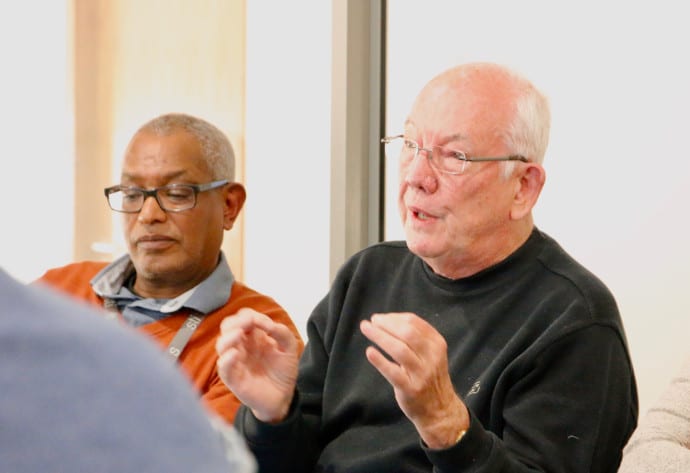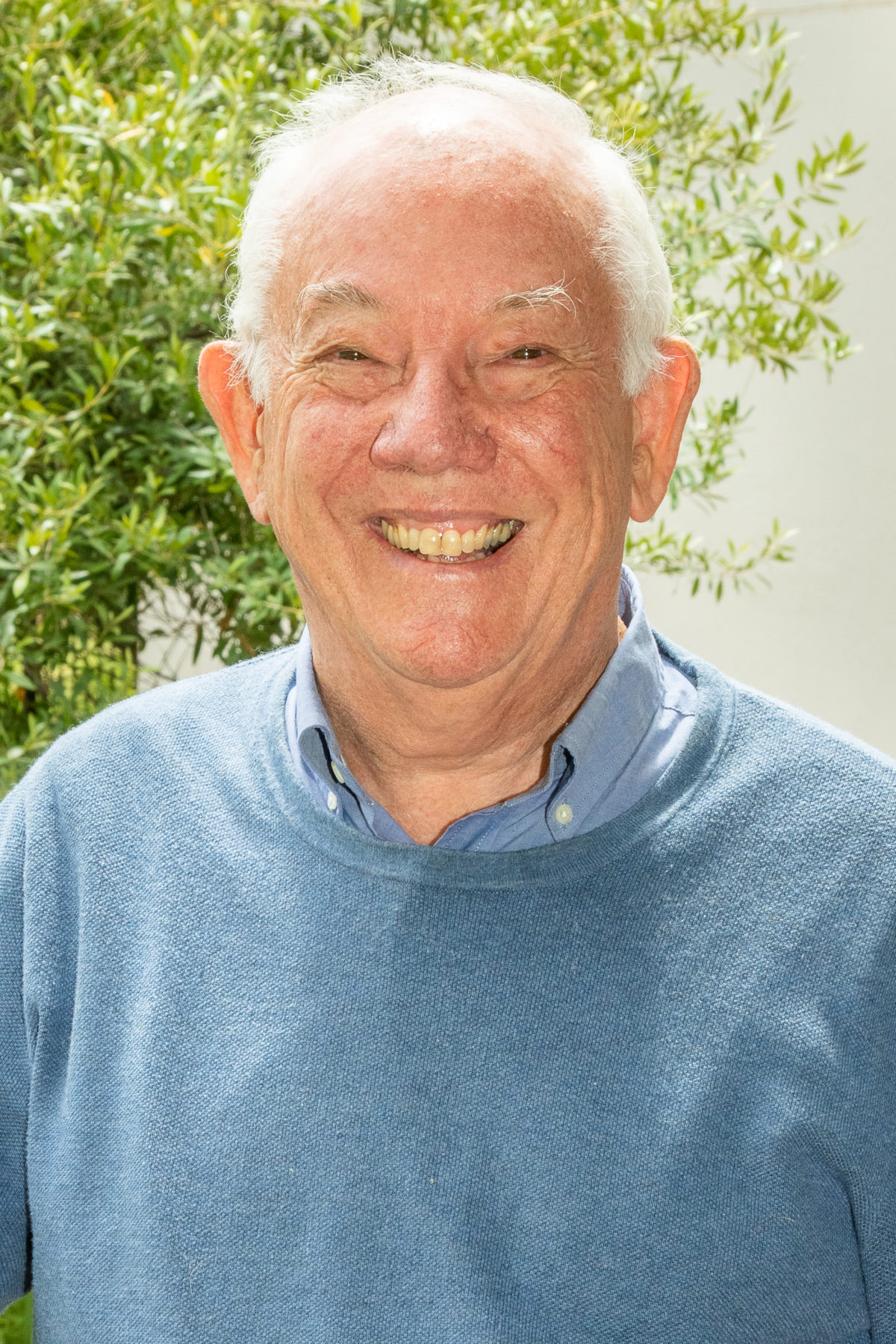Science has shifted in the last 120 years from a grounding in the Enlightenment ideas of formalism, determinacy, rationality, and stasis; to a new grounding in organicism, indeterminacy, contingent behavior, and evolutionary openness. It has moved from “prim dreams of pure order” to an embrace of “messy vitality.” Part of this shift has been caused by our new understanding of biological processes, and part by our new interest in how things form—how they come into being as opposed to how they simply are. Brian Arthur is interested in how this shift is working out, how computational possibilities are driving it, and how the new ideas of complexity science fit with it. The phrases are Robert Venturi’s (1965) in a different context.
Related to Complexity and the Shift in Modern Science

Publication
Foundations of complexity economics
Arthur, W. Brian. 2021. Foundations of complexity economics. Nature Reviews Physics, 3(2), 136–145. https://doi.org/10.1038s42254-020-00273-3

Article
Combinatorial evolution: a theory of evolution for technology - Fellows' seminar by Brian Arthur
Technology—the entire collection of individual technologies—evolves in the sense that all technologies, like all species, can trace a line of ancestry back to earlier technologies.

Article
A guided tour through complexity economics - Fellows' seminar by Brian Arthur
In the last few years, many economists have begun to feel that while the standard neoclassical approach is elegant and abstract, it is too narrow and unrealistic, said Brian Arthur of the Santa Fe Institute.
